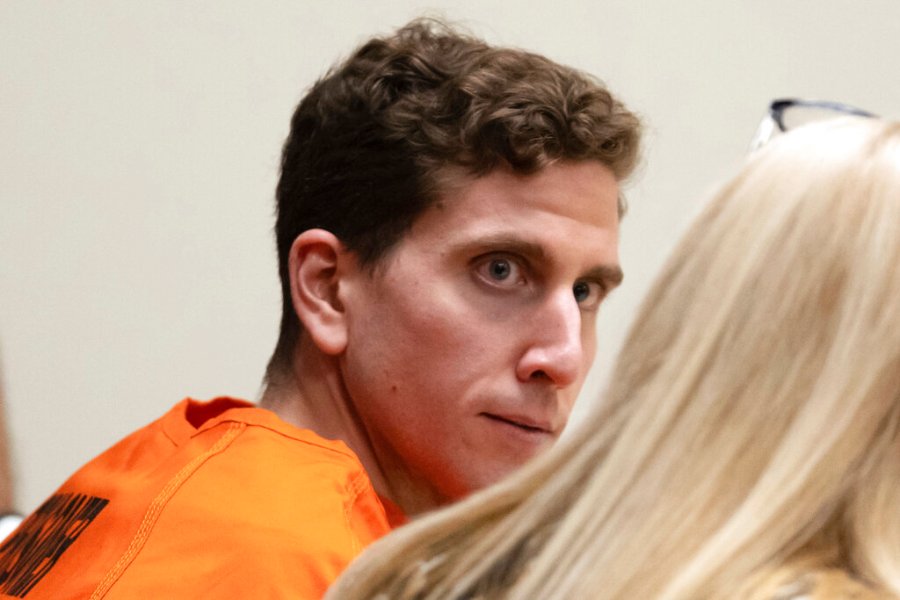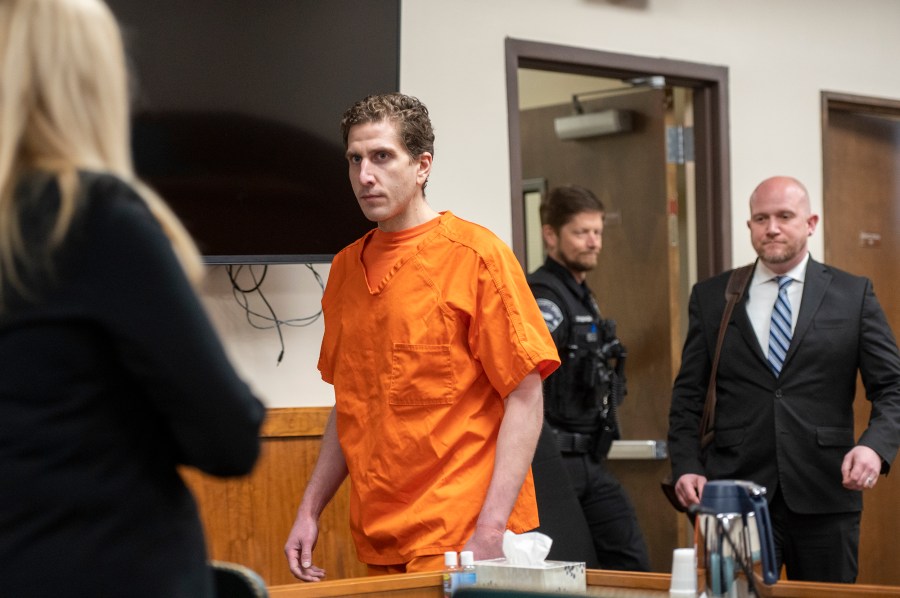(NewsNation) — More Bryan Kohberger murder trial documents have been released, including text messages between roommates during the attack and transcripts of a 911 call.
Steve Goncalves, whose daughter, Kaylee Goncalves, was one of four people killed in the University of Idaho attack, told NewsNation senior correspondent Brian Entin that he found out about the news along with the rest of the world.
“We didn’t hear a word,” Steve Goncalves said during an appearance on “Banfield.” “My wife has said from the very beginning that hopefully the 911 never came out, and if it did come out, at least she would be prepared.”
“We’re finding out like everyone else,” Goncalves said. “It’s rough.”

Attorney Shanon Gray told Entin, ‘I’m just pissed. You know, common decency. … Victim advocates should contact me and the victims’ families to let them know about some of the stuff that’s coming down so they’re not just surprised by it.”
Bryan Kohberger defense might cite autism to get rid of death penalty
Bryan Kohberger’s defense team may ask a judge to take the death penalty away as an option for their client by citing autism spectrum disorder, a sealed court filing shows.
The team representing the man who is accused of killing four University of Idaho students in their off-campus house in November 2022 filed the document Monday. It states that it is a “Motion to Strike the Death Penalty Re: Autism Spectrum Disorder.”
It is not clear whether Kohberger has autism or if this is a diagnosis his attorneys are seeking.
NewsNation has reached out to Kohberger’s defense attorney via email for comment.
Bryan Kohberger trial: 3 people’s DNA allegedly under victim’s nails
Kohberger’s defense team said an investigator discovered DNA evidence from three individuals under victim Maddie Mogen’s fingernails.
Kohberger is charged with first-degree murder in the deaths of Madison Mogen, Xana Kernodle, Ethan Chapin and Kaylee. In court in May 2023, Kohberger did not verbalize a plea, but a judge entered a not-guilty plea on his behalf.
His trial is set for August 11, 2025. A judge ruled in November 2024 that he is able to face the death penalty.
Defense attorneys have previously asked a judge to dismiss most of the evidence in Kohberger’s case as they say it relies on a genetic investigation process they call unconstitutional. In addition, during a January hearing, Kohberger’s lawyers argued that search warrants obtained in the case were tainted by police misconduct.
NewsNation’s digital producer Cassie Buchman and The Associated Press contributed to this report.





